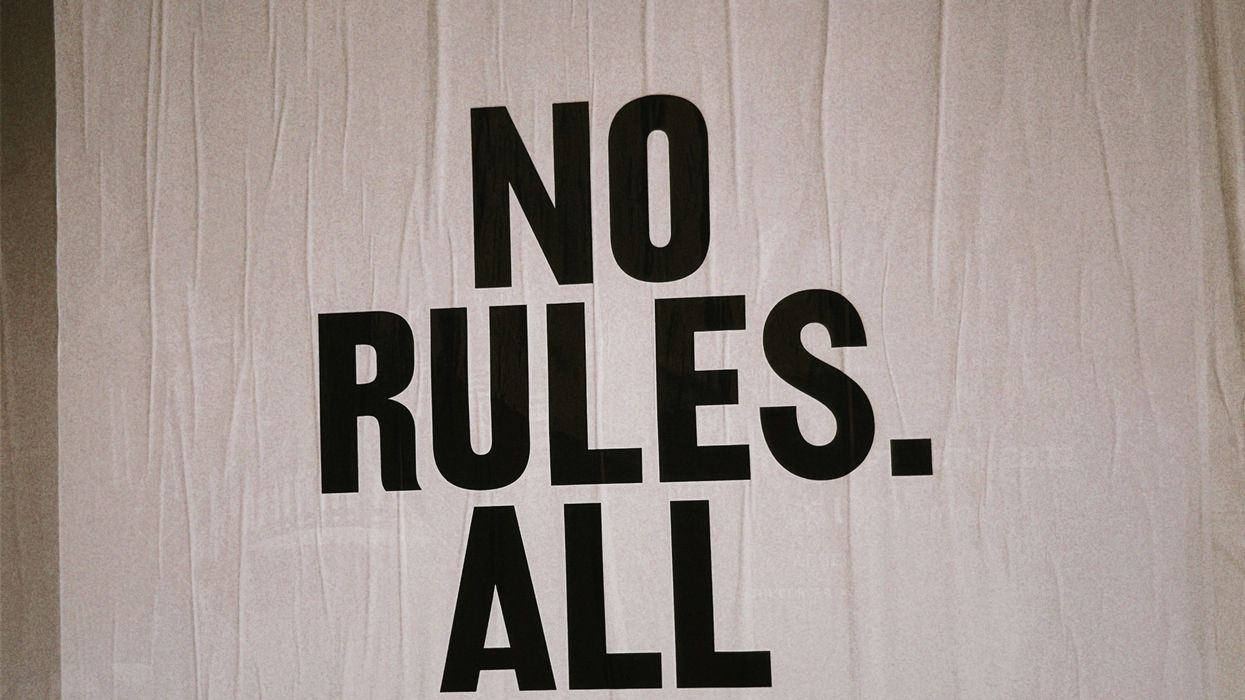Legislation from recently-legal states has been quick to include language that leaves room for equity and expungement throughout the industry, especially for communities who’ve been directly impacted by the decades-long, racist War on Drugs.
But how many of these states are actually following through with their promises?
Last week, Governor of Colorado Jared Polis issued over 1,300 pardons for convicts with cannabis possession offenses on their record. This action comes months after legislation was passed to support expungement, and there are still plenty more records to clean.
The crazy thing is that weed has been legal for adult-use in Colorado since 2012.
This begs the burning question: what the hell is taking so long with cannabis expungements in legal states?
Granted, several states have recently made moves to pardon, expunge, or seal low-level cannabis convictions, however the process isn't always so smooth.
Maybe authorities should stop arresting people for cannabis, period.
Cannabis Freedom Progressing Too Slowly
While cannabis is just a few hairs away from being fully federally legal and people are more aware than ever about the plant’s medicinal, spiritual, and mental benefits, a cannabis-related arrest occurred every 27 seconds in 2019, and every 58 seconds in 2020.
Sure, this is a decent decline in arrests from one year to the next, but the number is still astronomical for a plant that has never caused any fatal harm to a consumer – and furthermore, that helps millions of people around the world with personal struggles on a daily basis.
To take it a step further, these arrests are consistently disproportionate. By now, I’m sure you can guess which demographic is most commonly targeted: Black Americans.
A recent study revealed that in 2020, 94 percent of cannabis arrests in New York City were People of Color. Additionally, a 2021 analysis From Milwaukee County in Wisconsin reported that Black citizens were 4.3 times more likely to be convicted for possessing the plant, although it’s used quite equally among all demographics.
Unfortunately, none of this is groundbreaking news. I’ve reported on similar statistics more times than I can count in my cannabis writing career, and I’m absolutely not alone in that.
The Cannabis Industry Must Unite Here
As the industry continues to hold their breath waiting for this long overdue justice to be fully realized, a new brand founded by some tech bro with no cannabis experience pops up. And another, and another, and another.
Meanwhile, people around the country, many of them cannabis experts who can make a true difference in the legal industry and the direction it’s taking, continue to suffer from blemished “criminal” records.
These criminal records keep people in a sort of torturous purgatory until they’re cleansed for good, making it difficult for them to find employment (even within the cannabis industry), ineligible for things like student aid or housing support, restricted from purchasing firearms, and more.
Beyond these real-world drawbacks, many people around the country are still literally behind bars for possessing the plant.
Meanwhile, the industry continues to expand and innovate: a repeated slap in the face to those whose lives have been destroyed over the very thing people have been legally capitalizing on for years now.
Enough. Is. Enough.
Need a little more Bluntness in your life? Sign Up for our newsletter to stay in the loop.



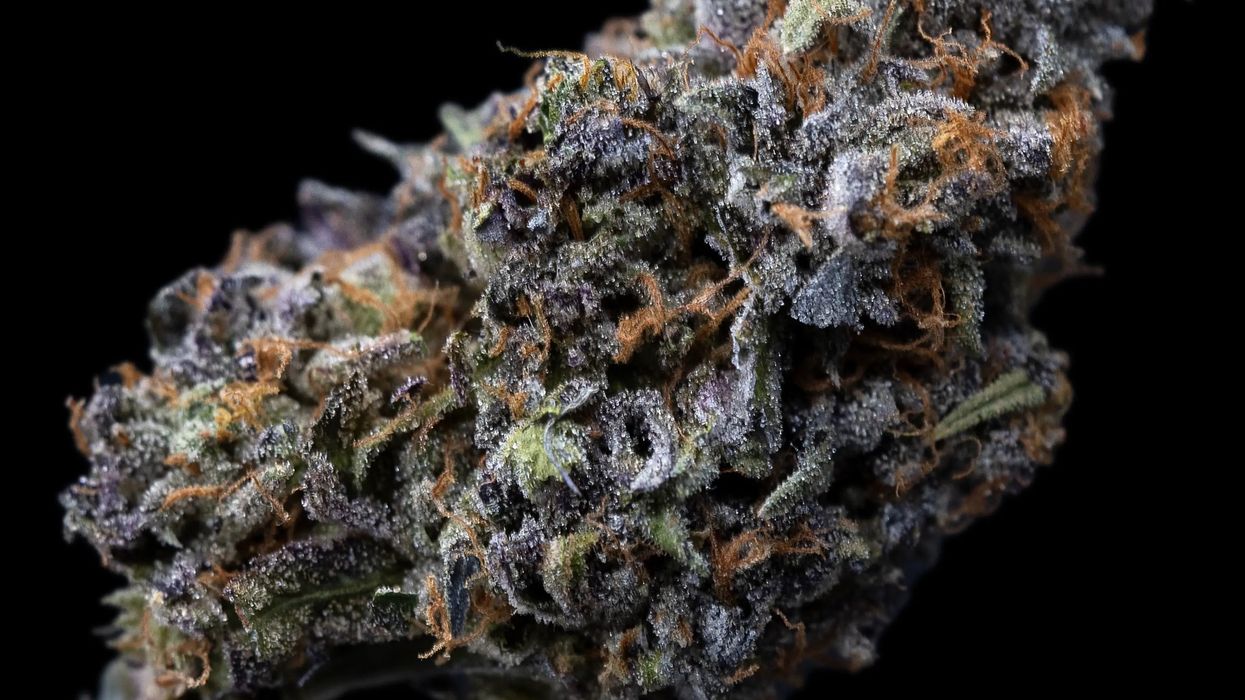
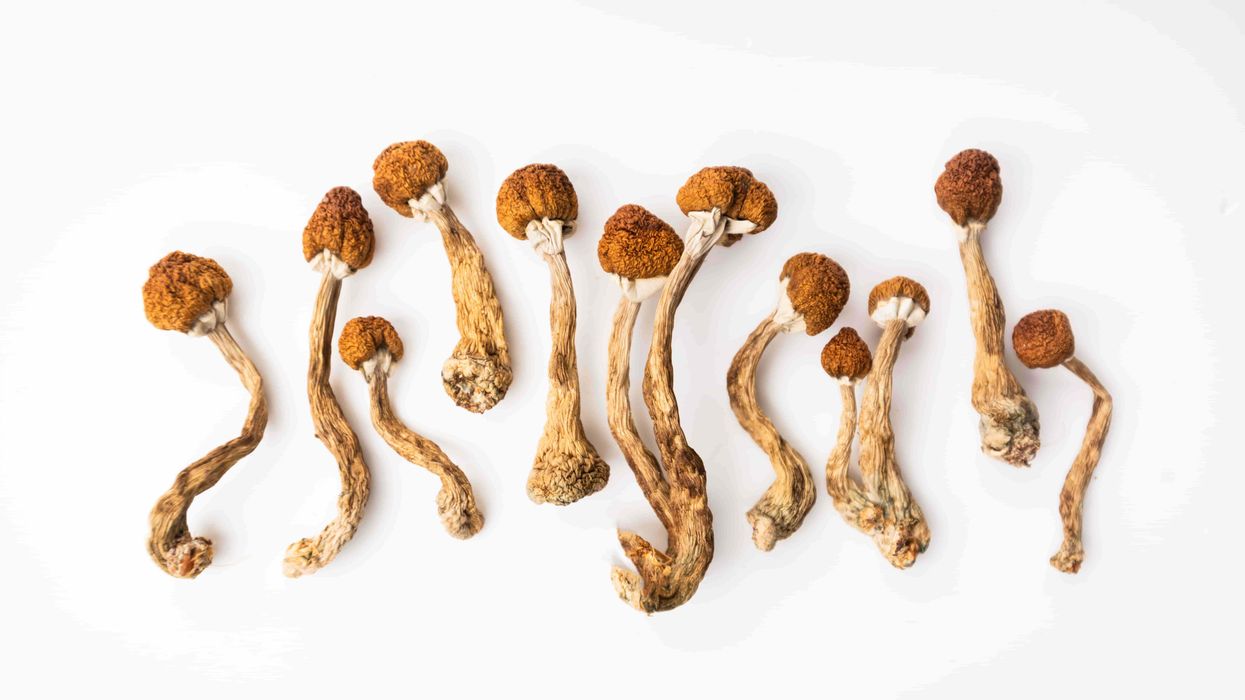
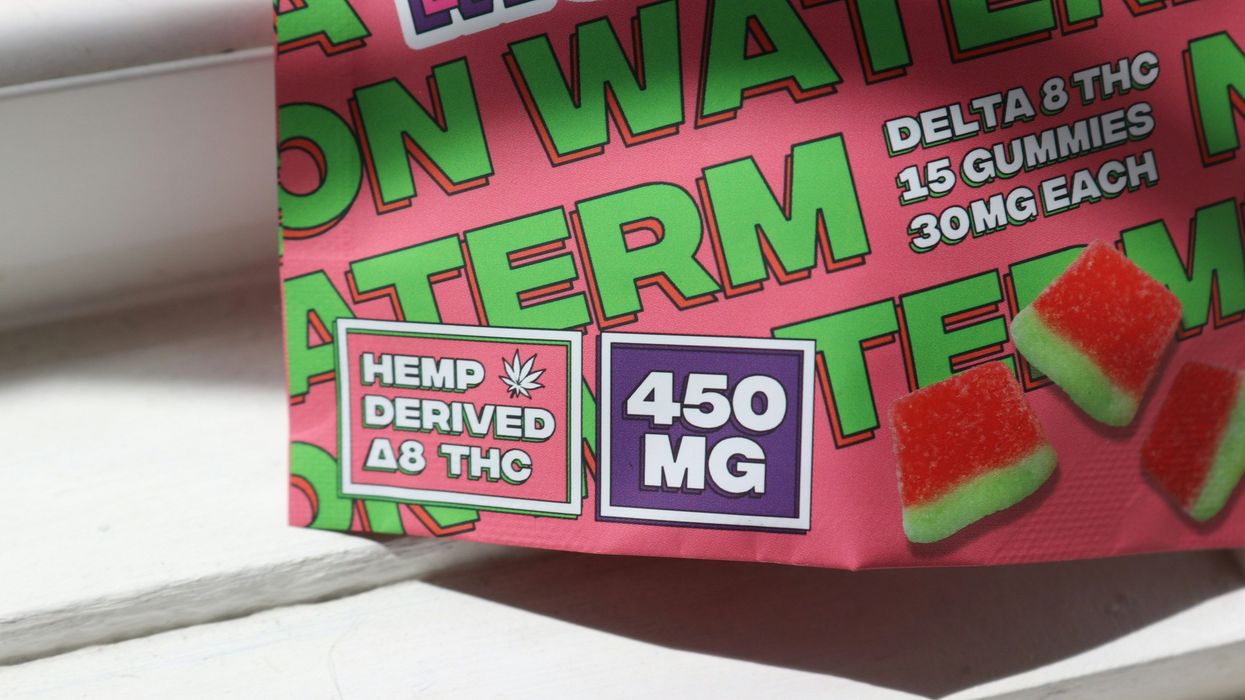

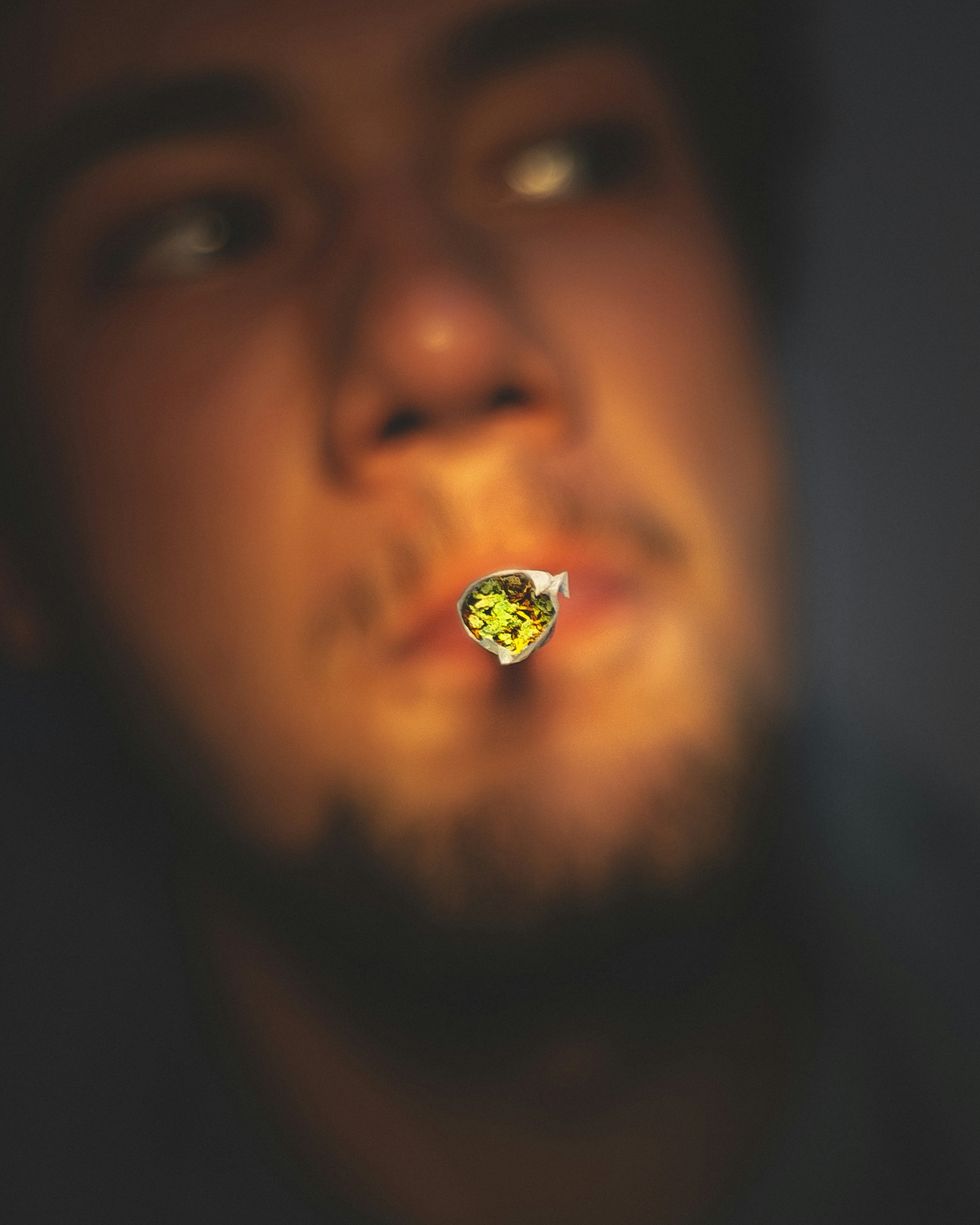 High-THC Weed Explored - The Bluntness Photo by
High-THC Weed Explored - The Bluntness Photo by 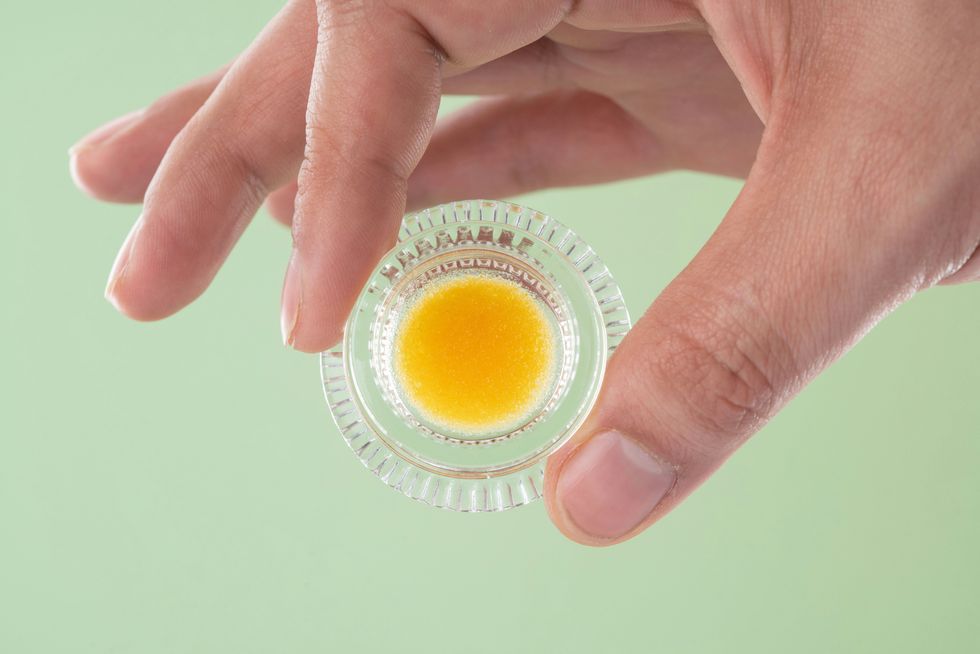 High-THC Weed Explored - The Bluntness Photo by
High-THC Weed Explored - The Bluntness Photo by  High-THC Weed Explored - The Bluntness Photo by Maria Fernanda Pissioli on Unsplash
High-THC Weed Explored - The Bluntness Photo by Maria Fernanda Pissioli on Unsplash 



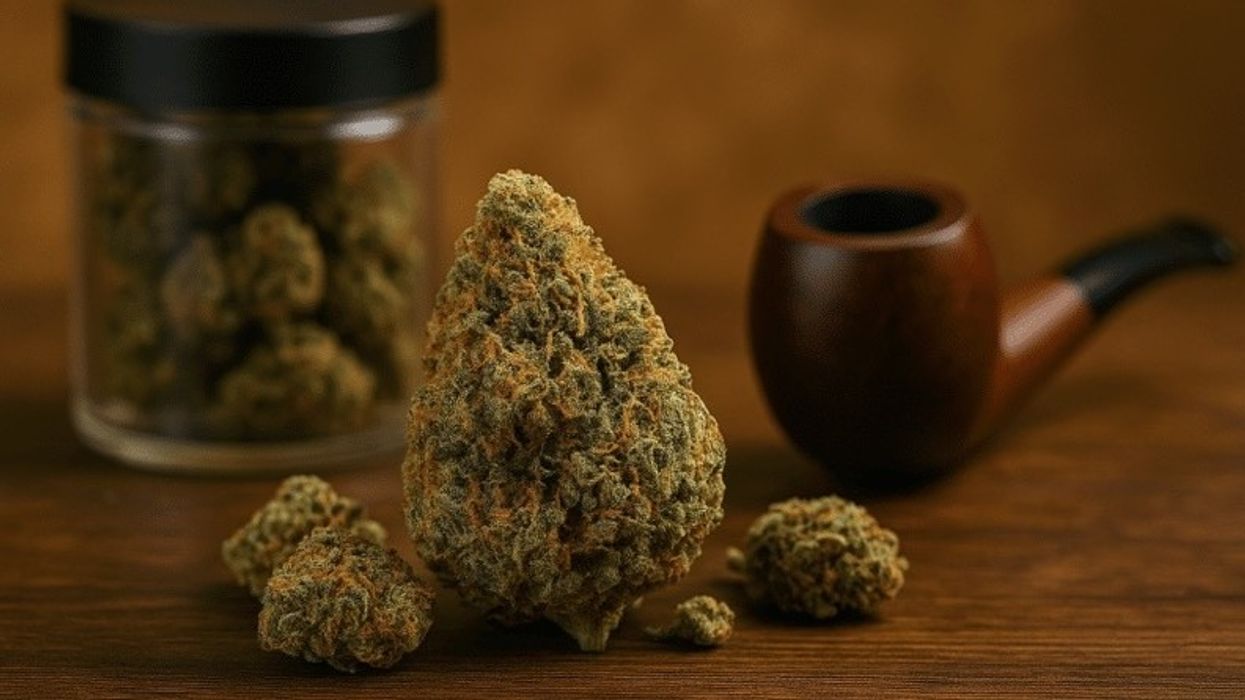
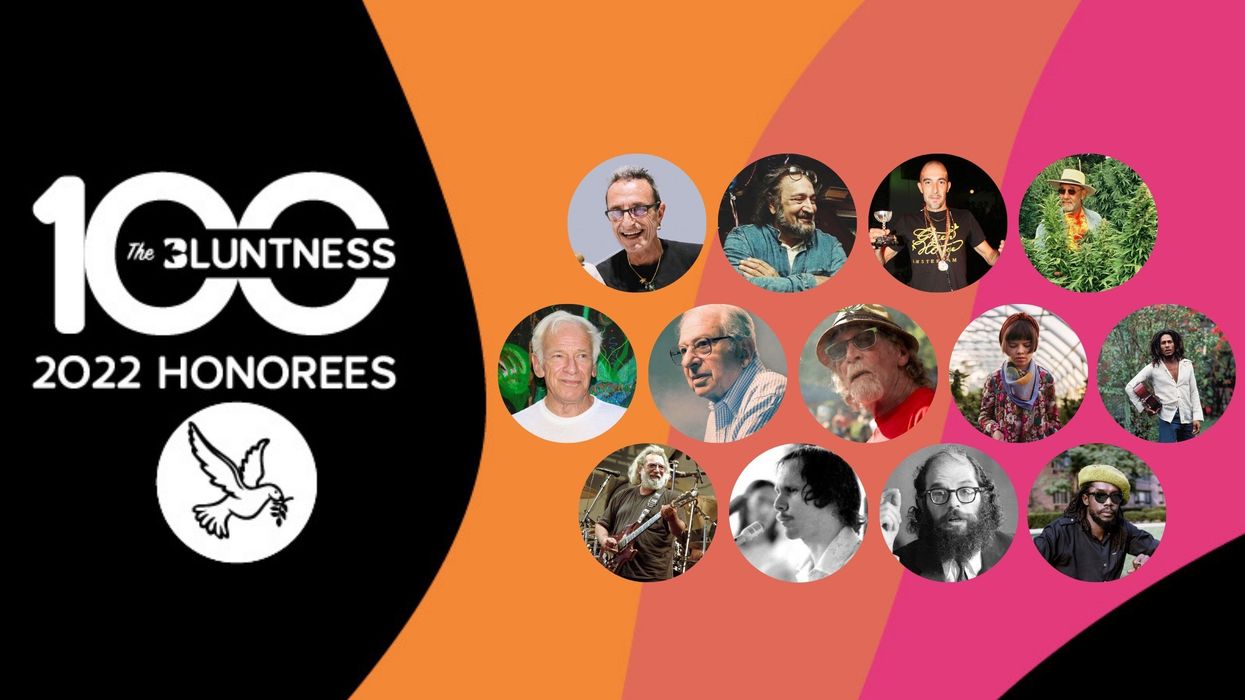


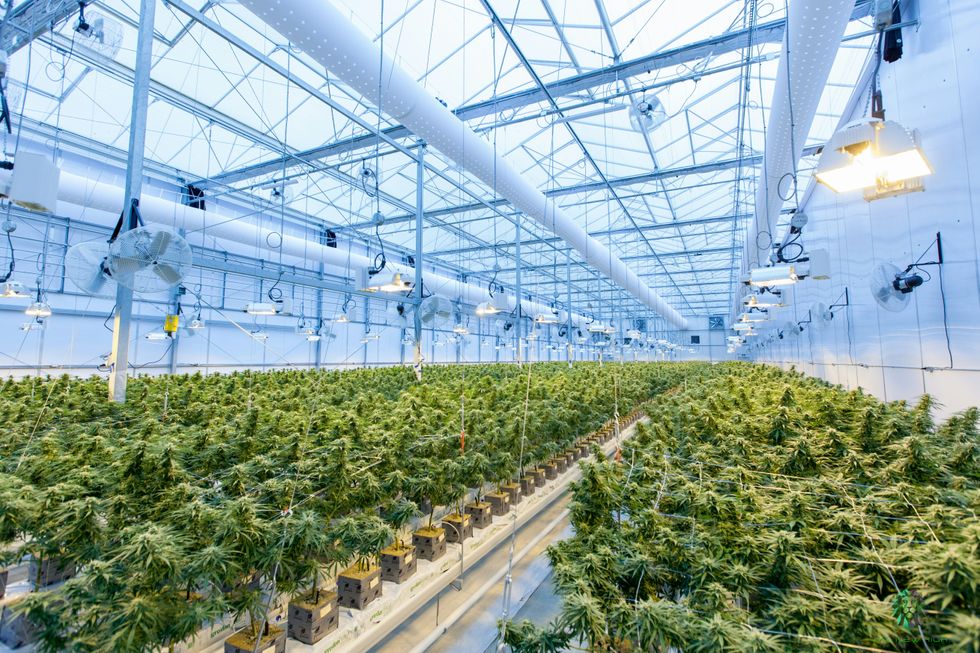 When it comes to pricing, cultivation methods matter - The Bluntness
Photo by
When it comes to pricing, cultivation methods matter - The Bluntness
Photo by 